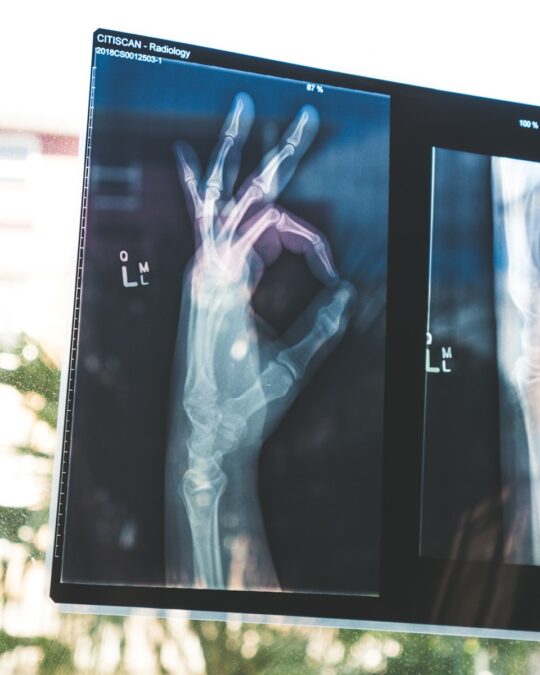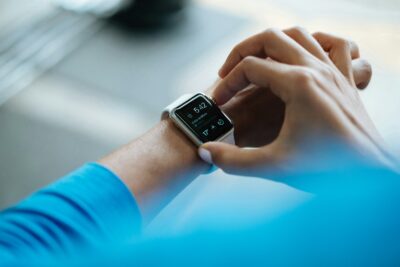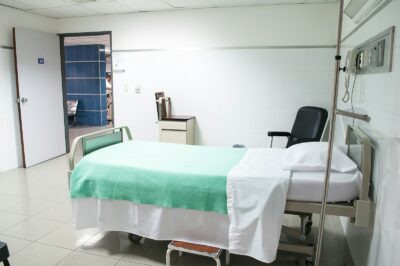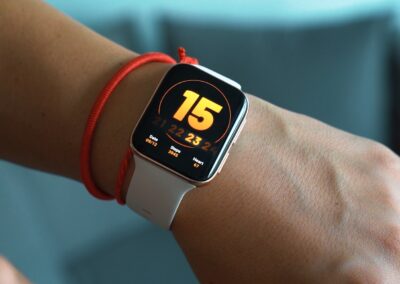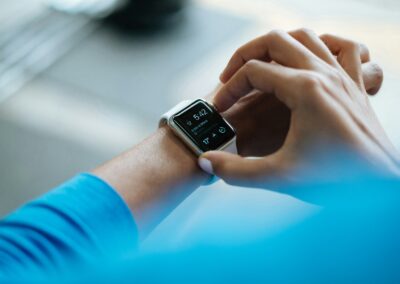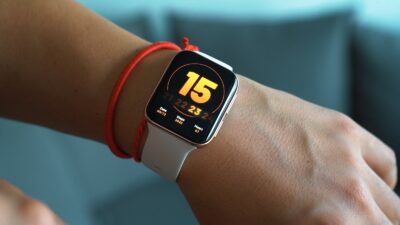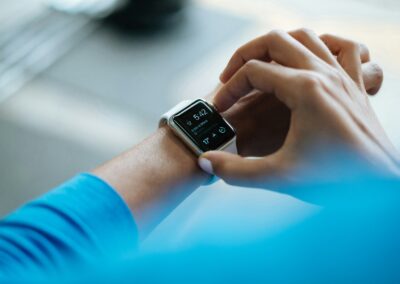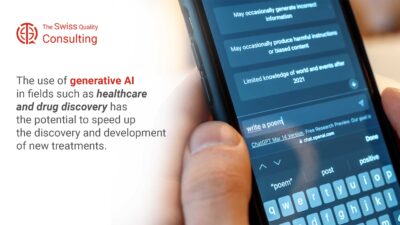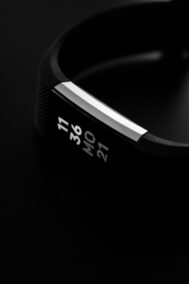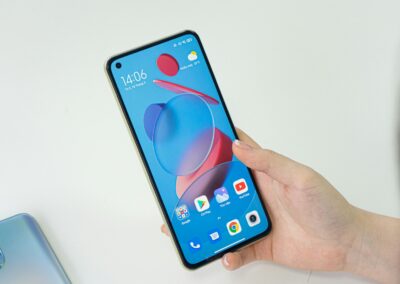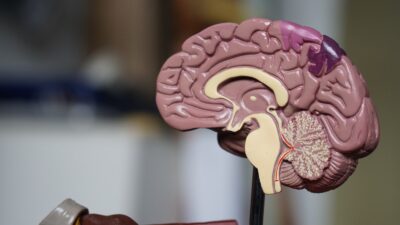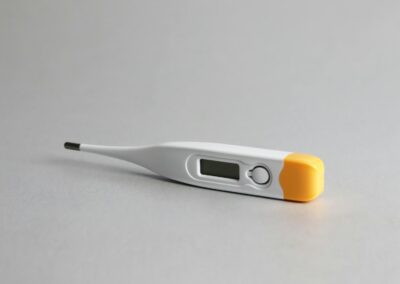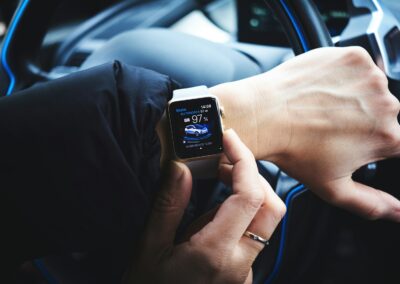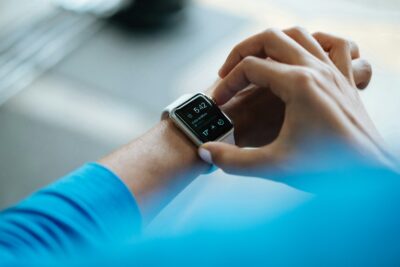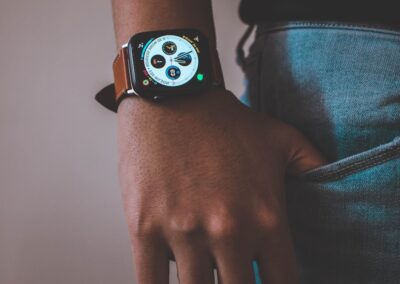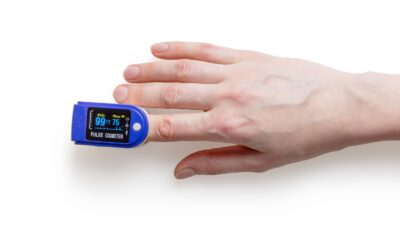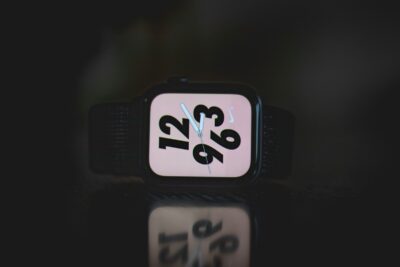Transforming Healthcare Landscape
The advent of wearable health technology has revolutionized the healthcare landscape, offering unprecedented insights into individuals’ health and well-being. In Saudi Arabia and the UAE, where healthcare innovation is a top priority, wearable devices are gaining traction as indispensable tools for both healthcare providers and individuals. These devices, equipped with sensors and advanced algorithms, can monitor various physiological parameters in real-time, providing valuable data for early detection, prevention, and management of health conditions.
Empowering Individuals
Wearable health tech empowers individuals to take control of their health by offering personalized insights and actionable recommendations. In Riyadh and Dubai, where proactive healthcare measures are encouraged, these devices serve as companions in the journey towards better health outcomes. Whether it’s tracking activity levels, monitoring heart rate variability, or analyzing sleep patterns, wearables provide users with a comprehensive view of their health status. With the ability to set goals, track progress, and receive real-time feedback, individuals are motivated to adopt healthier lifestyle choices and make informed decisions about their well-being.
Enhancing Remote Monitoring
One of the key benefits of wearable health tech is its ability to facilitate remote monitoring, particularly relevant in the context of the COVID-19 pandemic. In both Saudi Arabia and the UAE, where remote healthcare services are increasingly essential, wearable devices enable healthcare providers to remotely monitor patients’ vital signs and physiological changes. This not only reduces the need for in-person visits but also enables early intervention and proactive management of chronic conditions. With the integration of telemedicine platforms, healthcare professionals can remotely access real-time data from wearables, enabling timely interventions and personalized care plans.
Improving Healthcare Access
Wearable health technology is bridging the gap in healthcare access, particularly in remote areas where access to healthcare facilities may be limited. By providing individuals with continuous monitoring and access to virtual consultations, wearables ensure that healthcare services are more accessible and equitable. In Saudi Arabia and the UAE, where healthcare infrastructure is rapidly evolving, wearable devices are poised to play a pivotal role in extending healthcare reach and improving health outcomes for all segments of the population.
Empowering Preventive Healthcare
Wearable health tech not only focuses on managing existing health conditions but also emphasizes preventive healthcare. By continuously monitoring vital signs and detecting subtle changes, these devices enable early detection of potential health issues, allowing individuals to take proactive measures to prevent them from escalating. In Saudi Arabia and the UAE, where preventive healthcare is increasingly prioritized, wearable devices serve as valuable tools for promoting wellness and reducing the burden on healthcare systems.
Driving Data-Driven Decisions
The wealth of data generated by wearable health tech is driving data-driven decisions in healthcare management and policy-making. In Riyadh and Dubai, where data analytics and artificial intelligence are integrated into healthcare systems, the insights gleaned from wearable devices inform evidence-based strategies for improving population health. From identifying trends and patterns to predicting health outcomes, data from wearables play a crucial role in shaping healthcare policies and interventions.
Transforming Health Behaviors
By providing personalized feedback and actionable insights, wearable health tech is transforming health behaviors on an individual and societal level. In Saudi Arabia and the UAE, where lifestyle-related diseases are on the rise, these devices are encouraging people to adopt healthier habits and make sustainable lifestyle changes. From promoting physical activity to encouraging better sleep hygiene, wearables are empowering individuals to take ownership of their health and well-being.
Facilitating Remote Monitoring
In regions like Saudi Arabia and the UAE, where access to healthcare services may be limited in remote areas, wearable health tech bridges the gap by facilitating remote monitoring and telehealth services. Patients can undergo continuous monitoring of their health parameters and receive virtual consultations from healthcare professionals, regardless of their geographical location. This enhances healthcare access and enables early intervention, particularly for individuals with chronic conditions or those requiring specialized care.
#WearableTech #HealthcareInnovation #PreventiveHealthcare #DataAnalytics #ArtificialIntelligence #HealthTech #HealthcareAccess #Wellness #LifestyleChange #PopulationHealth

